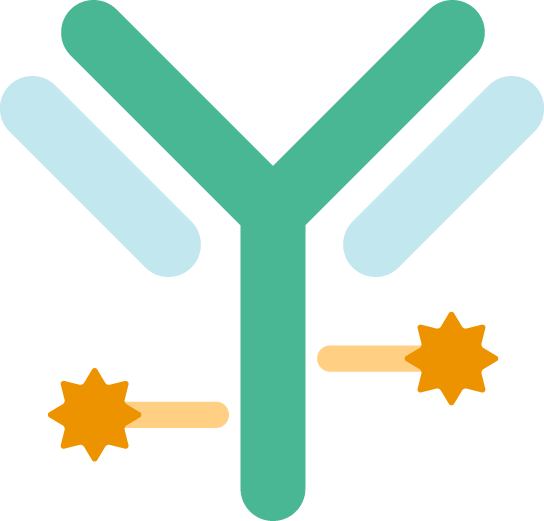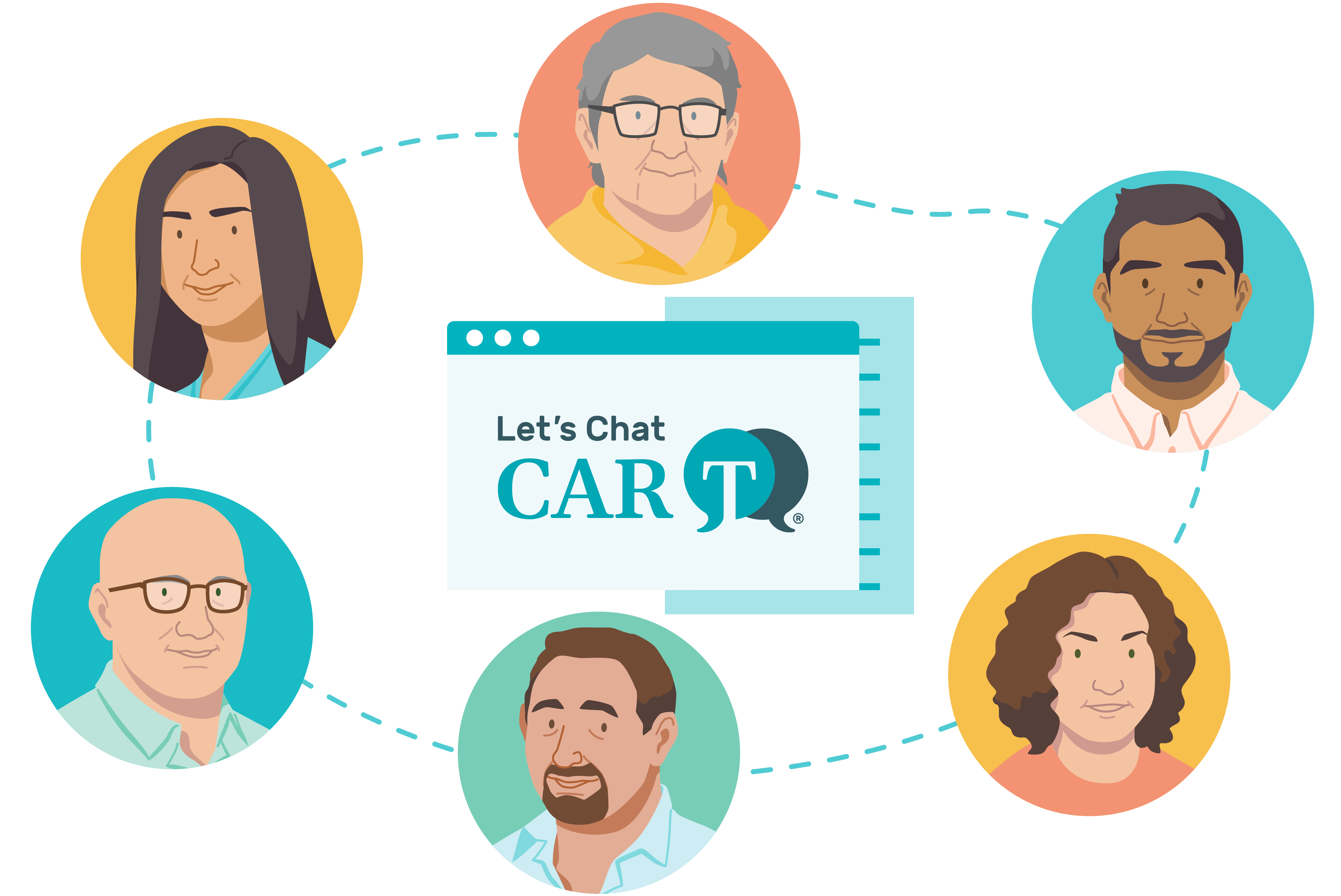CAR T is currently available to help treat some blood cancers:
CAR T may be available if:
- one or more of your treatment(s) did not work, or
- your cancer returned
In addition to blood cancers, CAR T is being studied in clinical trials to see if it can be used to treat more types of cancer or other diseases.


Some patients may receive CAR T through a clinical trial. CAR T is being studied in clinical trials to learn more about things like:
- whether approved CAR T-cell therapies can be used to treat more types of cancer and other diseases
- whether CAR T can be used as an earlier treatment option
- how CAR T works in combination with other cancer treatments
- how to better manage potential side effects
- whether new types of CARs (Chimeric Antigen Receptors) can help treat certain cancers
To find out more about CAR T clinical trials, you can:
- ask your healthcare team or a medical center offering CAR T
- reach out to an advocacy or support group for help understanding and finding clinical trials
- visit the National Cancer Institute's Clinical Trials Information page.
- visit ClinicalTrials.gov to search for a clinical trial by your cancer type, location, and "CAR T" as the intervention/treatment

There are many types of treatment options that could be available to you now, or in the future if you need them. Here are some examples of treatment types that you may hear about from your healthcare team. There may be other types or combinations of treatments as well.








Talk with your healthcare team about your treatment plan, and the order of potential treatments that you are considering. Keep in mind that:
- making CAR T cells may be more successful if you have previously tried fewer types of treatments
- if you receive bispecific antibodies first that may impact how effective CAR T could be as a later treatment option






